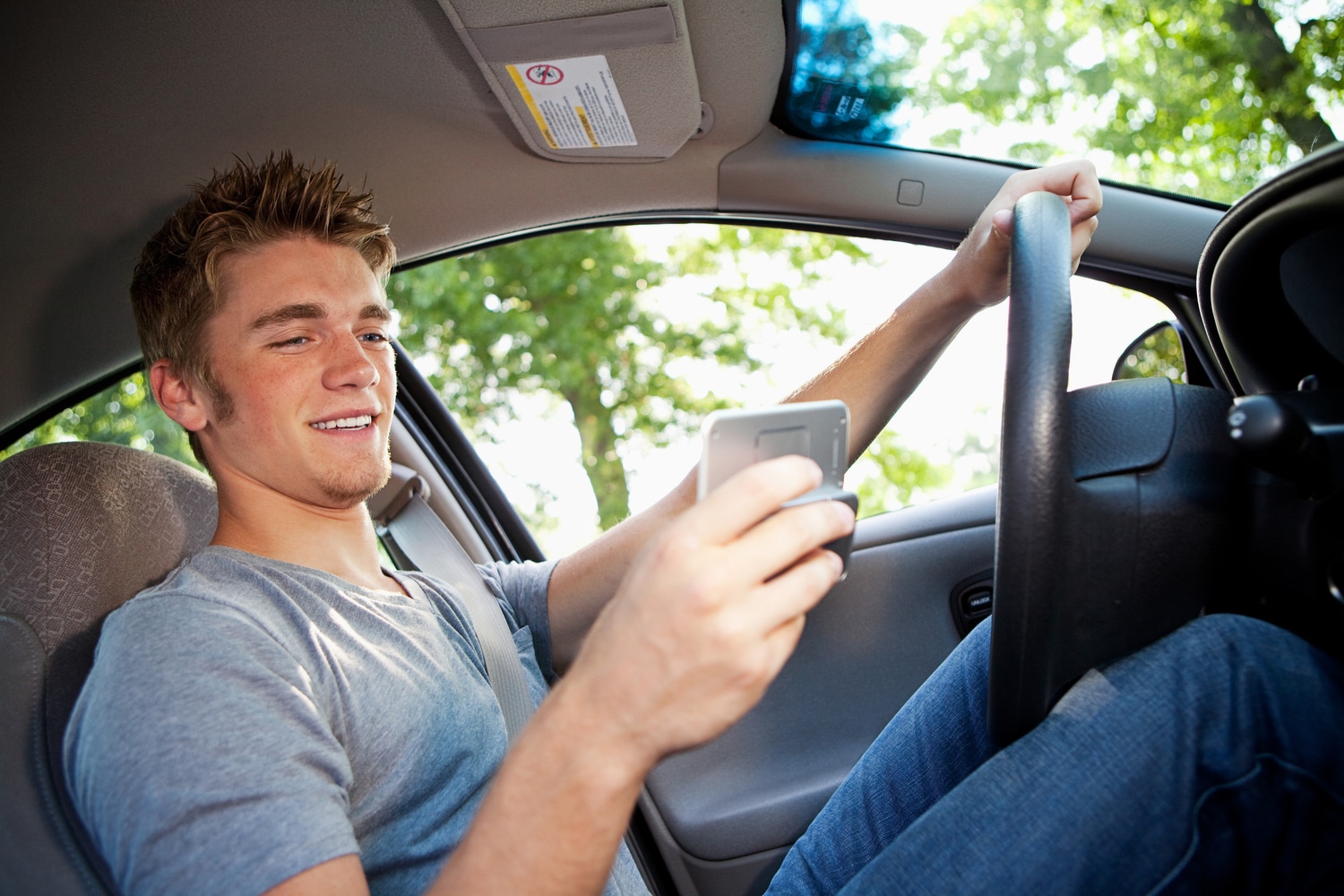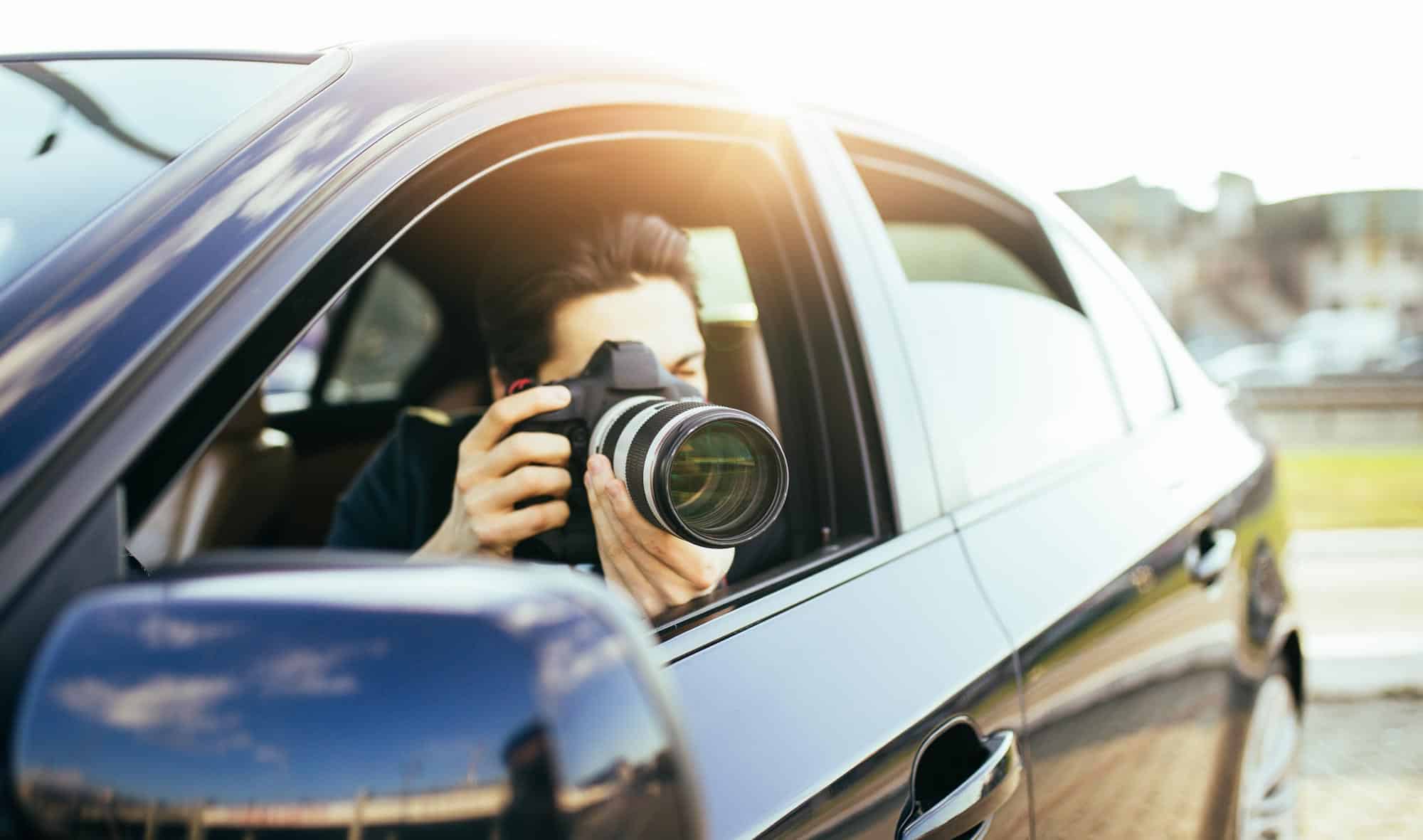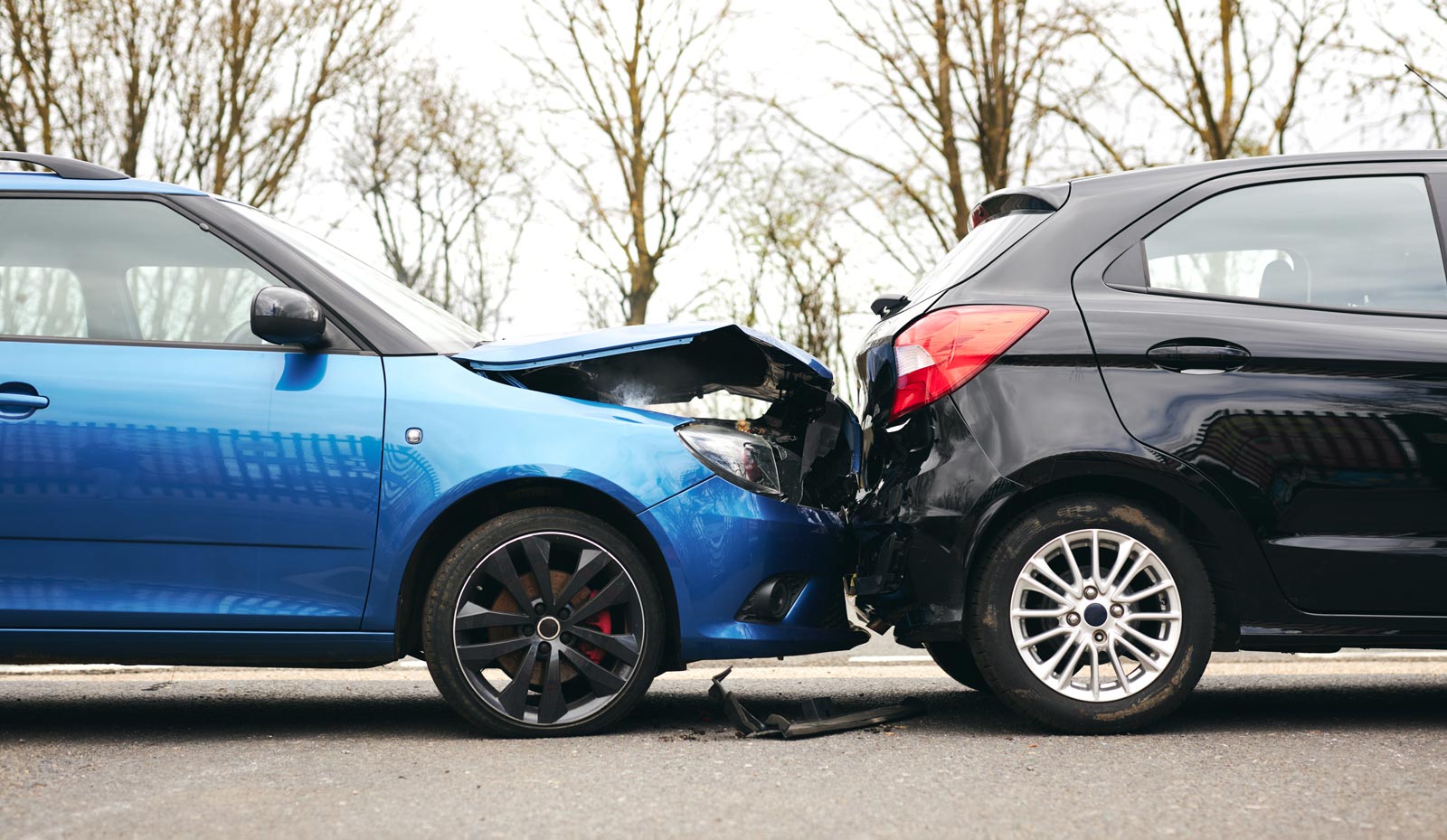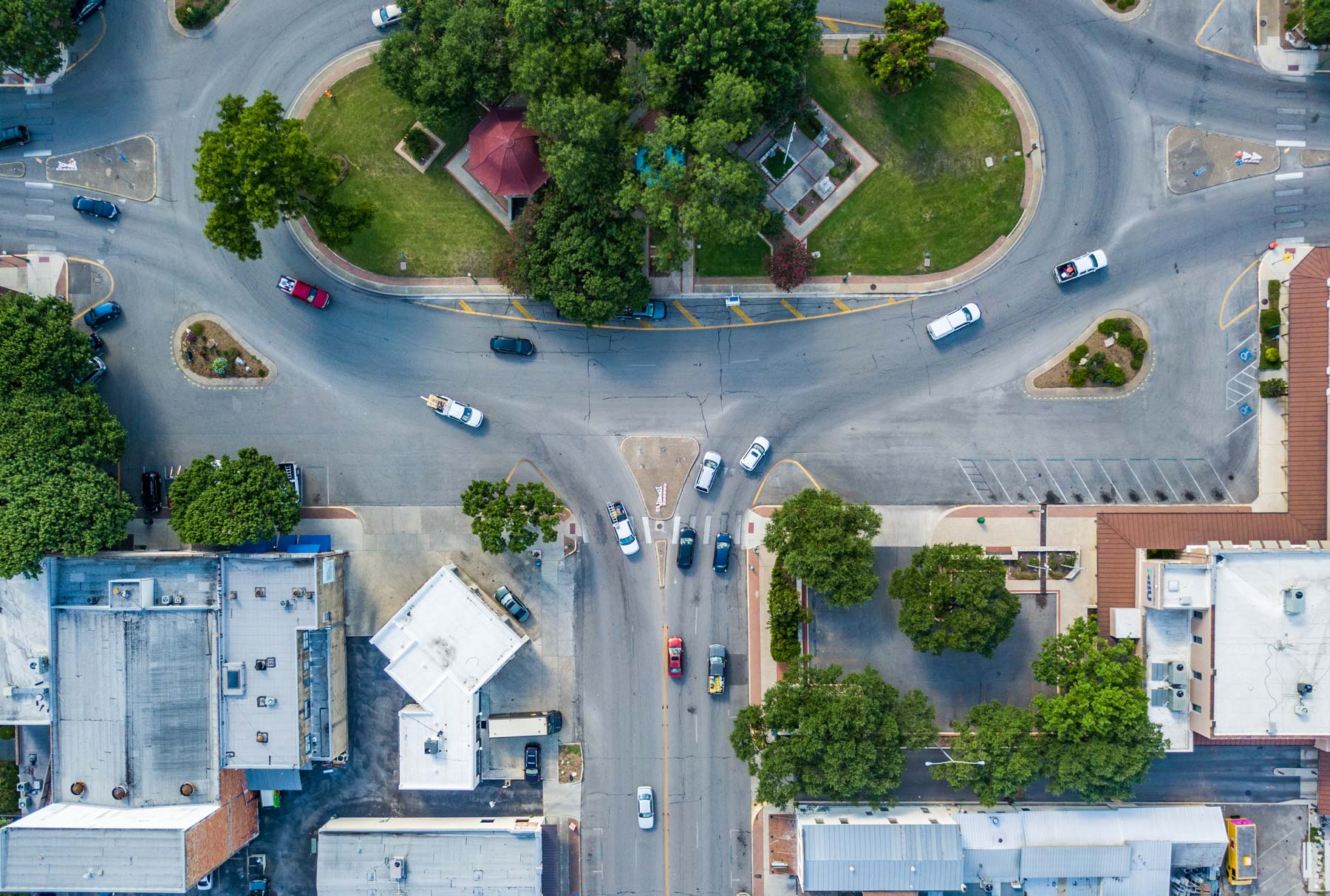Driving on public roadways requires a great deal of attention, even if you’ve been licensed for decades and have a “spotless” driving record. However, today’s drivers are increasingly distracted by electronics, work, and their attempts to multi-task. Unfortunately, in the amount of time it takes to read a social media post or unwrap a sandwich, someone can cause a serious car accident.
In this post, we’ll unpack the three types of distracted driving and highlight how personal injury lawyers can assist victims of crashes that may have involved texting while driving or other distractions.
More than 17% of Texas Car Crashes Involve Distracted Driving
It’s illegal in Texas to send or read messages, like texts and social media posts, on an electronic device while driving. However, the Texas Department of Transportation linked at least 97,853 crashes to distracted driving in 2019, causing 378 deaths and 2,500 serious injuries. (And these numbers are probably inaccurate—most experts believe that distracted driving is underreported.)
Many drivers are overly dependent on their devices, checking emails, texting, and even watching videos while on the road. However, there’s a lot more to distracted driving than screen use.
Look Out for These 3 Types of Distracted Driving
Drivers use multiple senses and functions while driving. If any of those senses or functions is busy with something other than driving, the driver is distracted. To address distracted driving effectively and reduce those distressing statistics, researchers and law enforcement separate distracted driving into categories.
- Manual Distraction: You’re manually distracted any time you take one or both hands off the wheel. This could mean anything from adjusting the air conditioning, rummaging through a purse, or reaching in the backseat to grab a loose item.
- Visual Distraction: If your eyes are off the road, you’re visually distracted. Even if it’s a “quick” glance at something (like a text message), it’s enough time to cause a crash.
- Cognitive Distraction: Mental distraction is less straightforward than manual and visual distraction. If you’re thinking about something other than driving or tired, you’re cognitively distracted.
Some distractions fall into more than one category. Eating, for example, likely involves manual and visual distraction. Using a phone is going to cause manual, visual, and cognitive distraction. Plenty of things can distract a driver, though a phone is one of the most dangerous distractions.
RELATED: Distracted Driving Laws Are Great—But People Keep Causing Crashes
How Do I Prove That a Distracted Driver Caused My Crash?
Distracted driving is not always easy to prove after a traffic crash—and drivers will rarely admit that they were texting or reaching for something in their backseat. Fortunately, a skilled personal injury lawyer knows what to look for while investigating your claim. While some signs are obvious (like time-stamped text records), others are more subtle and require someone with specific training and expertise.
For example, we represented two motorcyclists who were violently rear-ended by a teenage driver. Our lawyers suspected that the young driver was texting, so we quickly issued a subpoena demanding those records. Our aggressive tactics helped us negotiate settlements for both men.
Lawyers can also preserve other powerful evidence, like dash and surveillance camera footage and witness testimony that can help identify a car crash’s real causes. Less obvious points to consider would be marks on the road or damage to the car. If no skid marks exist near the crash site, it could mean the at-fault driver didn’t try to stop, suggesting they were unaware they were about to hit something.
RELATED: Motorcyclist Receives $750K Settlement in Distracted Teen Driver Case
Contact Crosley Law If You Suspect Distracted Driving
At Crosley Law, we use cutting-edge methods to investigate distracted driving cases. We act quickly, preserving evidence and consulting with experts to identify the precise cause of our clients’ crashes. Then, we aggressively pursue their legal claims, demanding fair compensation for their injuries.
If you or someone you love has been the victim of a traffic crash and you suspect distracted driving, reach out to Crosley Law. To schedule your free consultation, call 210-LAW-3000 | 210-529-3000 or fill in our website’s easy contact form. Let us put our experience to work for you!
References
Text, talk, crash. (2020). Texas Department of Transportation. Retrieved from https://www.txdot.gov/inside-txdot/media-center/psas/distracted-driving/distracted.html
The content provided here is for informational purposes only and should not be construed as legal advice on any subject.









